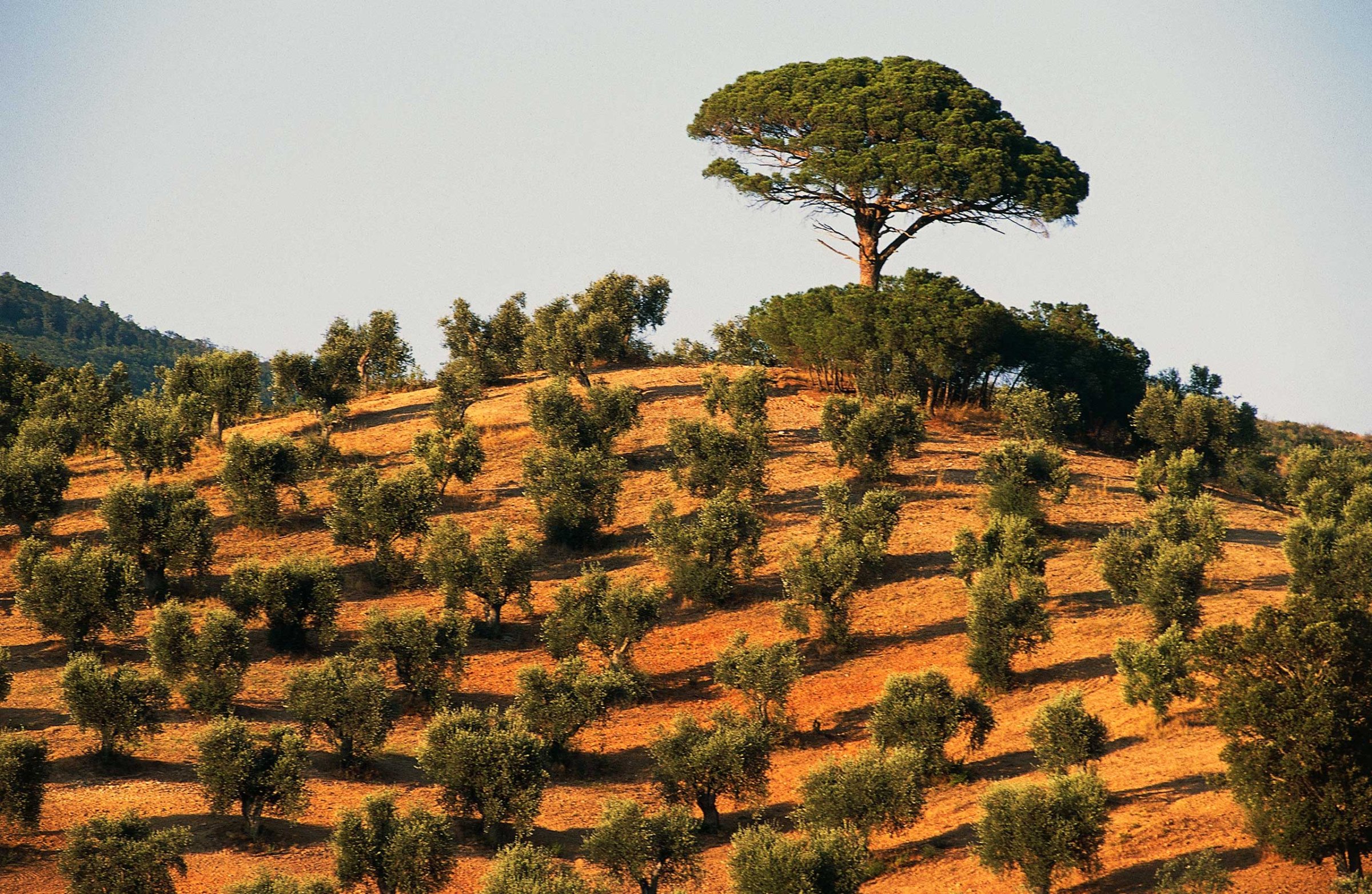
A bacterial outbreak is sweeping across one of Italy’s most famous olive regions, infecting an estimated one million trees and putting a major part of Europe’s olive production at risk.
The bacterium, Xylella fastidious, is threatening to put many families out of business in the southeastern Salento peninsula of Italy (the ‘heel’ of the Italian boot’), which produces some of the country’s best olive oils. It causes withering by restricting water flow from a tree’s roots to its canopy; a tree eventually collapses and dies.
The bacterium has destroyed vineyards in northern California (costing the grape industry $100 million a year) and infects 200 million citrus trees in Brazil but it’s presence was only confirmed in Europe for the first time when olive trees began dying rapidly in southern Italy. Italian researchers first notified the European Commission in October 2013 that the pathogen had been detected in the southern parts of the Apulia region in Italy. Some 10% of trees in the area are now thought to be affected, the Times reports.
Production has already dropped at farms across the region, but the bacterium is expected to spread even further. A recent E.U. report said “establishment and spread in the E.U. is very likely” and warned of “major risk to the E.U. territory” if the disease spread to other olive producing regions.
Italian officials are now trying to quarantine the outbreak by creating a buffer zone across the peninsula. Last week an Italian court suspended the destruction of olive trees but Italy’s Agriculture Ministry has appealed the decision. According to the Times, 35,000 trees could soon be uprooted under the government plan.
More Must-Reads from TIME
- Cybersecurity Experts Are Sounding the Alarm on DOGE
- Meet the 2025 Women of the Year
- The Harsh Truth About Disability Inclusion
- Why Do More Young Adults Have Cancer?
- Colman Domingo Leads With Radical Love
- How to Get Better at Doing Things Alone
- Michelle Zauner Stares Down the Darkness
Write to Naina Bajekal at naina.bajekal@time.com